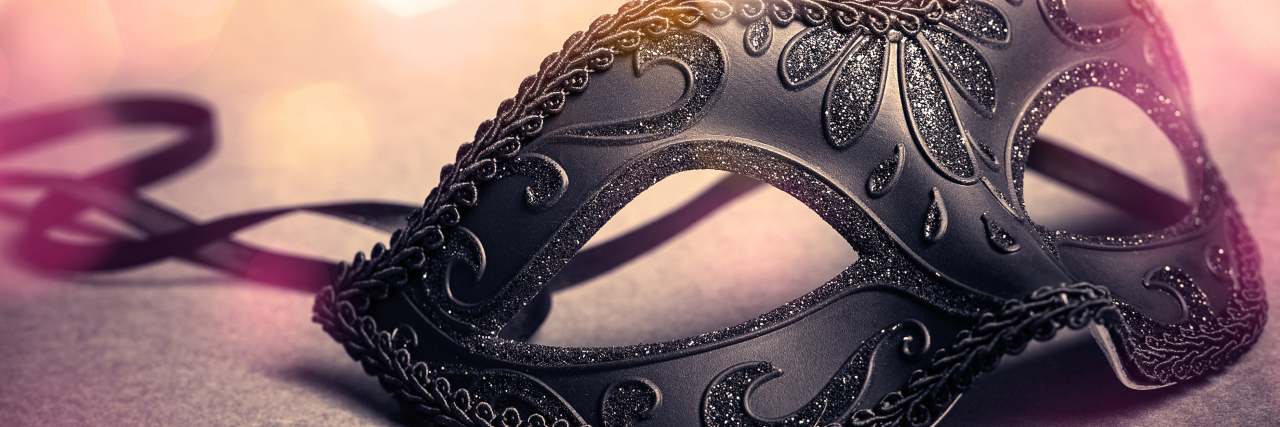Masking as an autistic person. I honestly don’t even know where to begin. In the past 30 seconds, I’ve been at my keyboard, I’ve had five ideas, and they’re still coming. If you could see the level of frustration on my brow right now, you would know I’m not masking this.
But there are times throughout our day that even the best of us, and the most careful not to mask, do.
Before we get too deep into this, let’s take a quick look at what masking really is. First off, it’s an exhausting experience that takes a mental toll. Some of the more common forms of masking are:
- Forcing or faking eye contact during conversations.
- Imitating smiles and other facial expressions. You don’t understand the social protocol, so you mirror others.
- Hiding or minimizing personal interests. We each have a hobby or something that we’re really into. The less you talk, the less chance something about that topic would come out. Because, in our heads, we’ve already decided they’ll think it’s boring.
- Developing a go-to list of rehearsed responses to questions. Again, many of us are uncomfortable and afraid during social interaction. We have a set of standard answers we can go to. It won’t always be the right answer, but at least it’s on point.
- Scripting conversations. Guilty! I’ve scripted 30-minute conversations in my head. It sucks hours out of your life and the convo goes amazing until the other person doesn’t answer the way you had it in your brain. I script Zoom meetings. How sad is that?
Earlier I mentioned masking taking a mental toll. Pretending to be something you’re not can be exhausting. There’s one particular thing that I mask and I will not stop masking. Besides being on the spectrum, I’ve also got some social anxiety. Try and imagine the mental energy it takes to give a presentation to 1,500 live or 3,900 online while pretending that you’re not completely freaking out inside.
After I spoke in front of 1,500 in the Rotunda in the Missouri State Capitol, I slept 18 hours. Not straight, but I was down and out of commission for close to 36 hours. I had a Zoom group of 3,900 that wasn’t as bad. I slept for about 12 hours.
I even mask at home when no one’s around except my service dog. I start to feel a panic attack coming and I try to convince myself that everything’s fine. But it’s far from fine — I’m looking for the anxiety meds.
After 418 words of talking about autistic masking, I hope you’ve come away with the knowledge that masking takes a toll on your mind and body. Sometimes serious ones. If you didn’t get that, I’ve done a poor job explaining, and I apologize.
I believe masking is most difficult for those that try to mask the fact that they have autism. Basically, they’re lying to their friends, coworkers, and others in their life. I’m not putting anyone down for masking the fact that they have autism, but I say be proud of who you are.
We are not poorly formed neurotypicals. We are perfectly created autistic people.
If you struggle in any way with masking, you are not alone. We all do it. I have autism tattoos on my forearms, and I’m proudly autistic. But yes, I, Mr. Self-Advocate, Speaker, and Podcaster do it almost every day as well.
This is my story of masking. Let’s hear yours.
This story originally appeared on Not Weird Just Autistic.
Getty image by bortn76.

